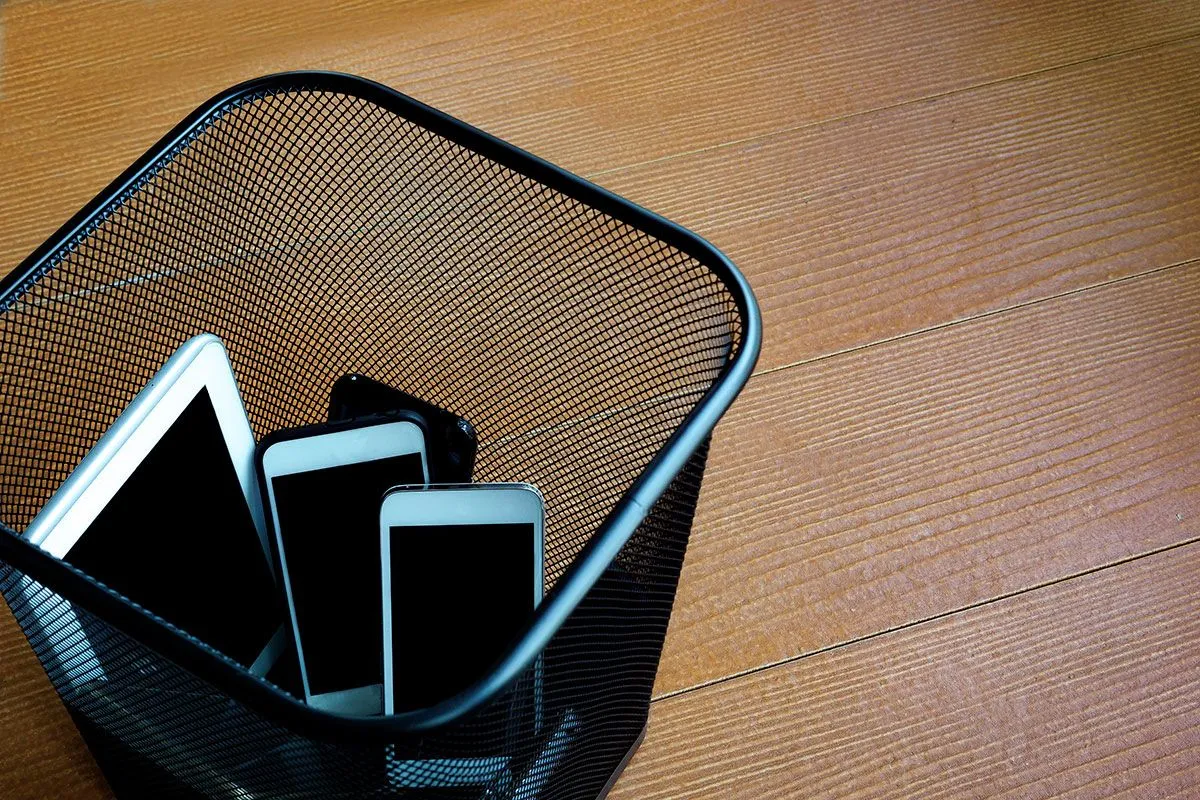Decline of smartphones?
The very first smartphone hit the market in 1992, and since then, these devices have become a must-have for nearly every adult and teen around the globe. Yet, big names like Elon Musk, Bill Gates, and Mark Zuckerberg are predicting a drop in their popularity. They picture a time when newer tech takes the spotlight. Musk is pouring money into Neuralink (a brain-machine interface that lets you control things just by thinking), while Bill Gates is diving into electronic tattoos fitted with nanosensors for monitoring health and enabling wireless communication. Meanwhile, Mark Zuckerberg is pushing Meta to develop augmented reality glasses that blend digital visuals right into our day-to-day lives.
These forecasts hint at a shift away from handheld devices toward technology that’s more seamlessly woven into our lives. But does that mean smartphones will vanish as fast as old gadgets like the Walkman or standalone GPS devices did?
Tim Cook’s take on coexistence
Unlike some of his peers who are all-in on radical new visions, Tim Cook favors a steadier approach. He believes that even with the excitement around emerging technologies, smartphones can easily share the stage with what’s new. Under his watch, Apple is testing the waters with VR headsets and connected glasses—all while keeping their classic products in top shape.
Cook’s view suggests that even though fresh innovations may open up cool possibilities, there’s no need to toss out our trusty smartphones overnight. This naturally makes you wonder if people are really ready—or even willing—to ditch their familiar devices completely.
Historical background and analysis
Looking back helps us see where this debate is headed. Just like the Walkman and flip phones eventually gave way to the latest gadgets, smartphones might follow a similar path. But there’s a twist: smartphones do a lot more than just make calls—they handle everything from directions to entertainment, making them a big part of everyday life.
A total replacement might neither be needed nor realistic right away. Instead, a gradual upgrade could be more appealing for those who lean heavily on the many functions their smartphones offer.
The road ahead
As we step into the future, so many questions pop up: Will Neuralink’s brain-machine tech catch on with everyone? Can electronic tattoos deliver enough benefits to change how we monitor our health? And are augmented reality glasses really set to be as indispensable as smartphones are today?
Over the next few years, we’ll see these technologies evolve and figure out if they can truly take over the role of smartphones. This ongoing conversation highlights a tension between bold technological leaps and steady improvements—a vibe that has long been part of Silicon Valley’s style.
No matter if you’re always first in line for the latest tech or you prefer the comfort of what you know, these shifts will likely affect us all as we navigate this exciting new chapter together.
